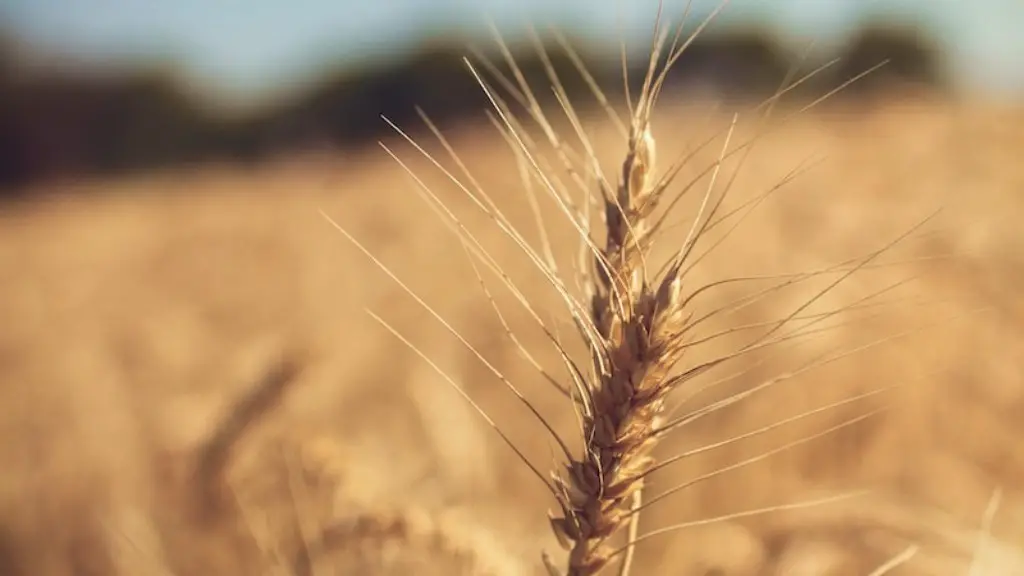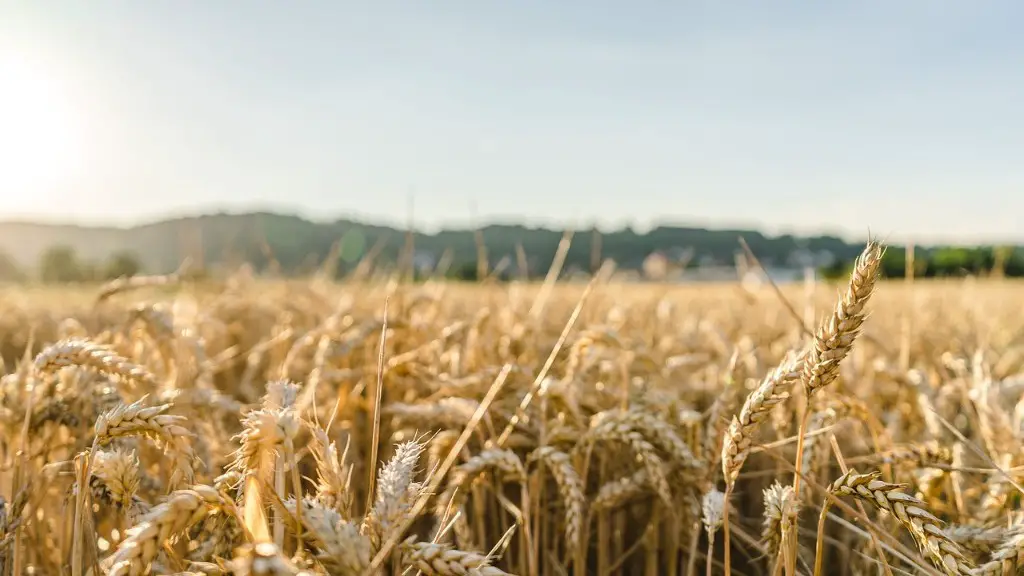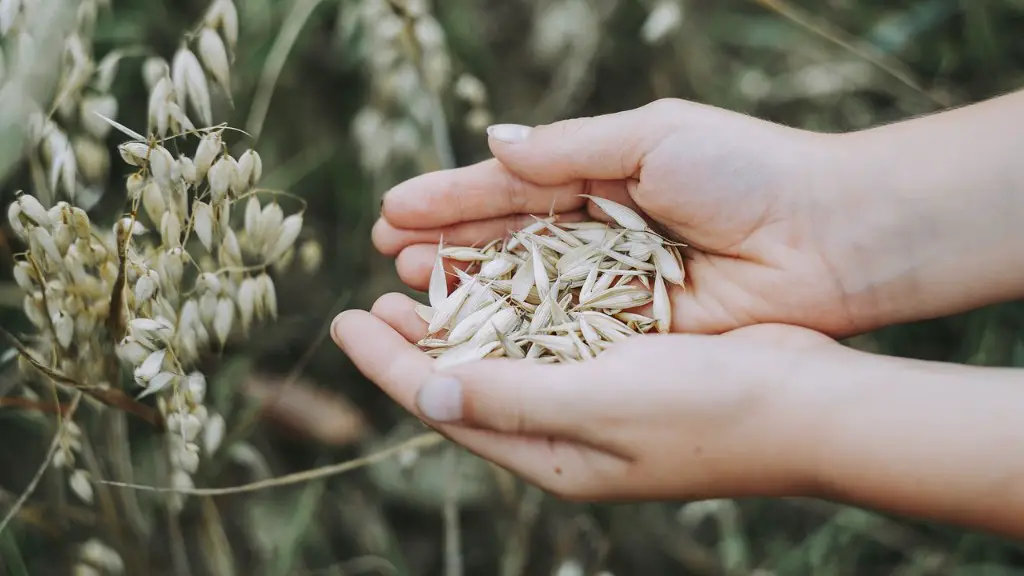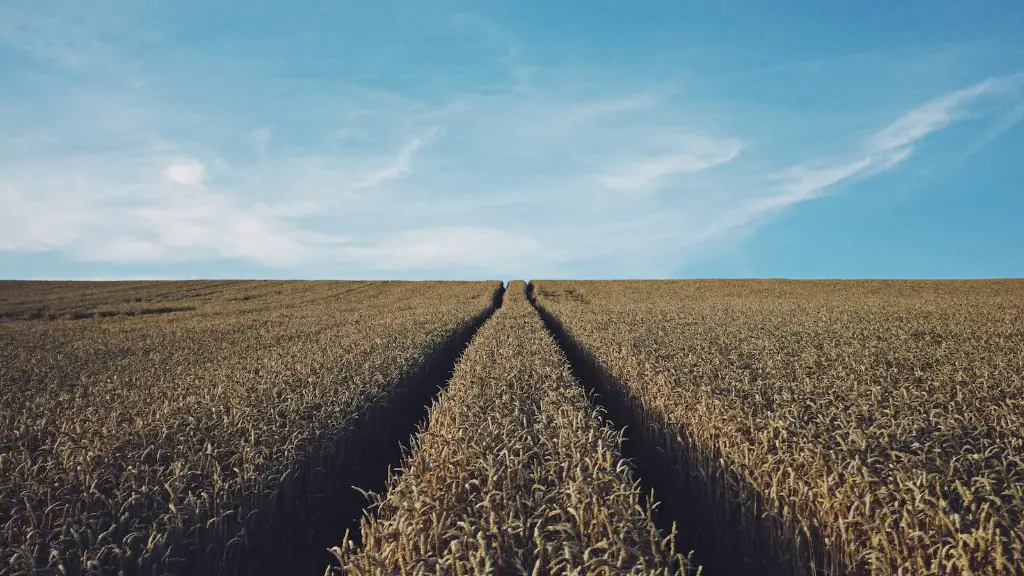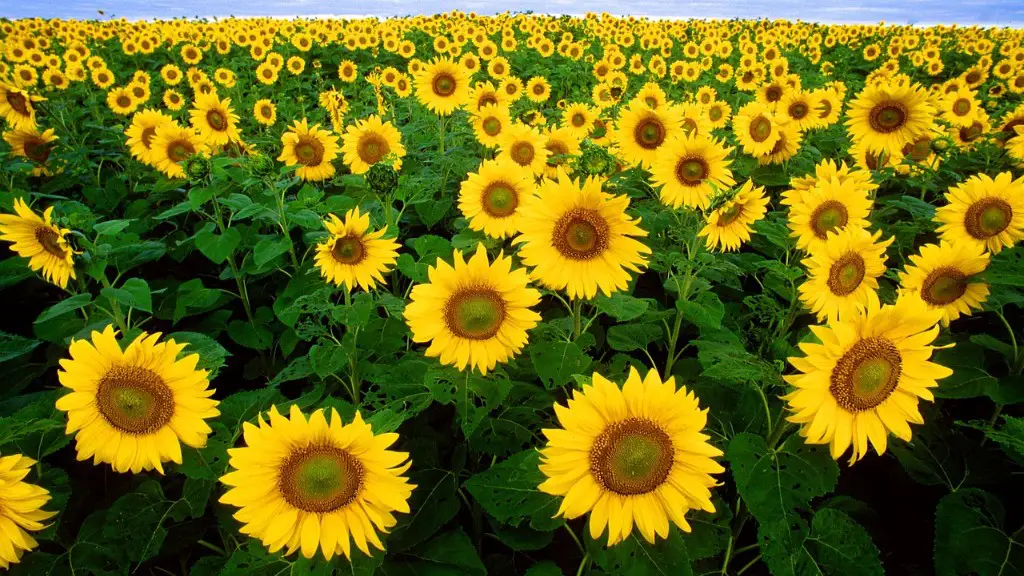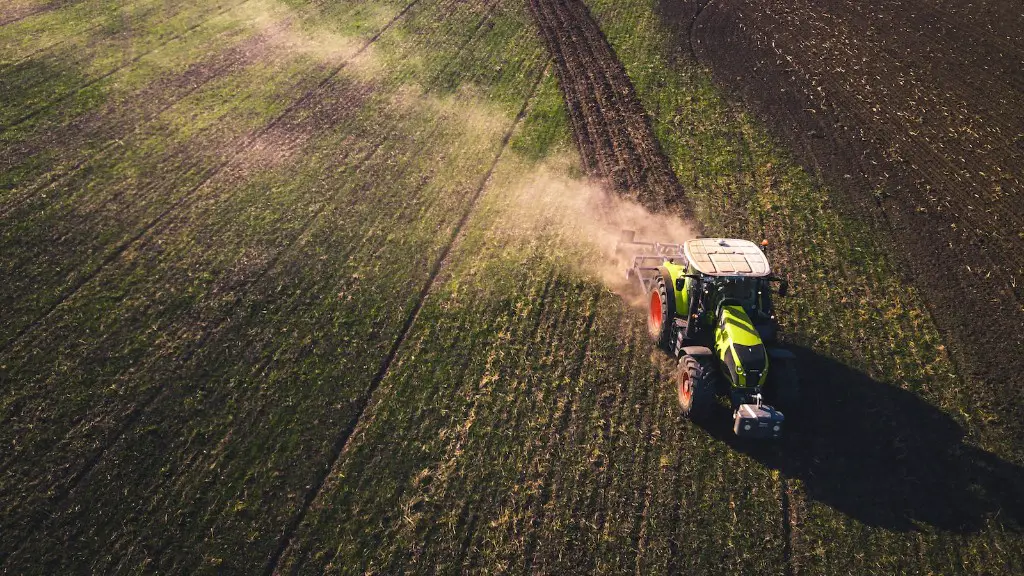Agriculture is important to Georgia for a number of reasons. First, agriculture is a major industry in the state, accounting for over $74 billion in economic activity in 2017. Agriculture also employs over 210,000 people in Georgia, making it one of the state’s largest employers. Additionally, agriculture is a vital part of Georgia’s culture and heritage. The state is home to a number of historic plantations and farmers markets, and many of the state’s residents have a connection to the land and agriculture. Lastly, agriculture plays a significant role in Georgia’s economy, with the state’s farmers and agricultural businesses providing food, fiber, and other products to the rest of the country and the world.
Agriculture is a vital part of Georgia’s economy and history. Agriculture is the state’s number one industry, and it is one of the top 10 ag-producing states in the nation. Georgia farmers grow and raise a diverse array of crops and livestock, including peanuts, pecans, Vidalia onions, blueberries, cotton, poultry, and turfgrass. Georgia is also a leading producer of peaches, pecans, and Vidalia onions.
In addition to being an important part of the state’s economy, agriculture is also a significant part of Georgia’s heritage and culture. Georgia was founded as an agricultural colony, and agriculture has always been an important part of the state’s history. Today, there are more than 33,000 farms in Georgia, covering nearly 8 million acres of land.
What agriculture is Georgia known for?
Georgia farmers produce a variety of agricultural products that are shipped all over the country. Georgia consistently ranks first in the production of peanuts, broilers, pecans, and blueberries. In 2012 alone, Georgia farmers produced3 2 billion pounds of peanuts.
Agriculture is important for a variety of reasons. It is the main source of raw materials for many industries, it is important to international trade, it plays a big role in a nation’s revenue, it provides employment, it is crucial to a country’s development, it can help heal the environment, and it goes hand-in-hand with war.
Why agriculture is very important
Agriculture is one of the most important industries in the world as it provides most of the world’s food and fabrics. Cotton, wool, and leather are all agricultural products and agriculture also provides wood for construction and paper products. The methods used in agriculture may vary from one part of the world to another but the products it provides are essential to the global economy.
Georgia is a top producer of vegetables in the United States, with onions, watermelons, tomatoes, sweet corn, and bell peppers ranking among the state’s top crops. Georgia is also a leading producer of broilers (chickens raised for meat) and eggs, with the value of broiler production totaling $4 billion in 2009 and eggs valued at more than $570 million. Beef cattle are raised in all of Georgia’s counties, making the state a significant player in the beef industry.
What are some facts about agriculture in Georgia?
Georgia is a top producer of food and fiber in the United States, ranking first in blueberry production, broilers, peanuts, pecans, rye, and onions. Georgia ranks second in the nation for cotton, cucumbers, pullets and watermelon; third for bell peppers, peaches, and sweet corn. These production sectors make a significant contribution to the state’s economy and provide jobs for Georgians.
Farming is good for your health in many ways. It can be challenging and stimulating work, providing a source of income in rural areas. Farm work also helps develop younger generations, and farming can help the environment thrive. All of these things together make farming a great choice for those looking for a healthy lifestyle.
What is the most important agriculture?
1. Cow milk is the top agricultural product in 37 countries, while wheat is the top agricultural product in 14 countries.
2. Corn is the most produced crop globally with 11 billion tons, followed by wheat with 7609 million tons and rice with 7567 million tons.
3. These key production stats underscore the importance of agriculture in the global economy.
Soil fertility is an important factor in crop production. It is determined by the physical, chemical and biological attributes of the soil.
What state is number 1 in agriculture
Agricultural receipts in California totaled $50.2 billion in 2021, up from $41.5 billion in 2020. The increase was due in part to higher prices for milk, beef, and vegetables. Iowa, Nebraska, Texas, and Illinois rounded out the top five states in terms of agricultural receipts.
Rice was the Lowcountry’s most important commercial agricultural commodity from the middle of the eighteenth century until the early nineteenth century. It was grown extensively in the coastal areas of Georgia and South Carolina and was a major export crop. The introduction of cotton and other staple crops in the early nineteenth century led to the decline of the rice industry in the Lowcountry.
What was agriculture like in the Georgia colony?
African slaves were brought to Colonial Georgia in large numbers to labor on plantations growing crops like cotton and tobacco. Rice and indigo also became major cash crops in the colony.
The Georgia economy is doing well overall, with the top three sectors being Real Estate and Rental and Leasing, Information, and Manufacturing. The unemployment rate across the state is only 31%, which is quite low. Things are looking good for the Georgia economy!
Which region of Georgia has the most agriculture
The coastal plains region of Georgia is a major agricultural area, producing crops such as the world-famous Vidalia onions, tobacco, peanuts, pecans, and sweet potatoes. This region is also home to the Okefenokee Swamp, the largest freshwater wetland in Georgia.
The Georgian economy is heavily reliant on agriculture, with the sector accounting for more than 50 percent of the country’s labor force and a significant part of its GDP. The government’s priorities for the sector include promoting food and agricultural production, ensuring food security, and improving rural livelihoods.
How does agriculture reduce poverty?
The agricultural sector is a major source of employment in many developing countries and growth in this sector can have a significant impact on poverty reduction. The linkages between agriculture and poverty are complex, but the main channels through which agricultural growth can reduce poverty are through increased employment opportunities and higher wages.
The poorest people in society are often the most reliant on the agricultural sector for their livelihoods, and so growth in this sector can have a big impact on their lives. Increased demand for labor in the agricultural sector can lead to more and better paid employment opportunities, which can in turn lead to higher incomes and a reduction in poverty.
Agriculture is the backbone of any economy and this is especially true for Nigeria. Agriculture in Nigeria provides food for the country’s population, employs a significant portion of the workforce, and generates foreign exchange through exports. Agriculture also plays a vital role in preserving the environment and protecting species.
Final Words
Georgia is an agriculturally diverse state. Agriculture is one of the state’s leading industries, and it plays a vital role in the state’s economy. Agriculture is important to Georgia because it provides jobs for many Georgians, and it contributes to the state’s economy. Agriculture also provides food for Georgians, and it helps to preserve the state’s natural resources.
Agriculture is a vital part of Georgia’s economy and heritage. The state’s farmers produce a wide variety of crops and livestock, which provide jobs for Georgians and help feed the state’s growing population. Agriculture also helps to conserve Georgia’s natural resources and provides many recreational opportunities.
